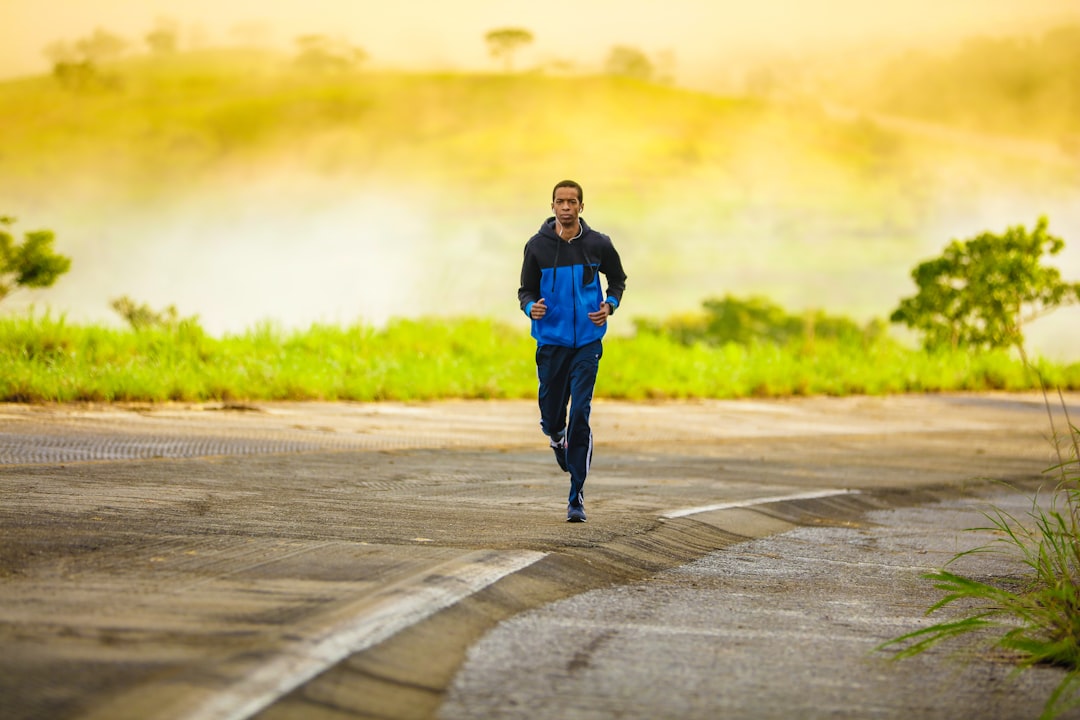Running Fixes Everything
How exercise can help unlock your creativity and improve your mood

I’ve always had my best ideas while running. I’ve solved thorny work problems, recovered from breakups and overcome writer's block over the course of long runs. As a result, I often like to say that running fixes everything. But is there any scientific evidence to back this theory? As it turns out, there is.
According to an article in Vox, research supports the idea that exercise gives your brain a boost. Among the benefits associated with exercise, the article cites:
Enhanced neurogenesis, or the creation of new neurons
Getting creative
In addition to being good for your brain in general, exercise has been particularly linked to creative or imaginative thought. An article in the New York Times delves deeper into this subject, looking at multiple research studies that explore the connection between exercise and creativity. One study in particular, conducted by researchers at the University of Graz in Austria, concludes:
“The most active of the volunteers proved to be also the most creative, especially if they often walked or otherwise exercised moderately. Active people also tended to be happy people, although their moods were highest if they engaged in relatively vigorous activities, like jogging or playing sports, rather than moderate ones.”
Going with the flow
Other researchers have tried to determine exactly how exercise boosts creativity. One of the leading theories has to do with “flow,” also sometimes referred to as “being in the zone.”
Psychologist Mihály Csíkszentmihályi developed the idea of flow to describe a state of mind in which you are completely immersed in an activity. Many activities—from singing to painting to gaming—can induce flow, but exercise seems especially well suited to the task. The key components to flow, according to Positive Psychology are:
Challenge-skills balance. If something is too hard, it can be discouraging; if it’s too easy, it can be, well, boring.
Clear goals and unambiguous feedback. This feedback can come from the activity itself or from an external source. For me, it’s the overly cheerful voice on my running app that always tells me I’m “doing great” (even when I’m not), while also giving me specific information about distance, pace, etc.
Loss of self-consciousness. Of course you have to pay attention to your surroundings, but being in flow means not being self-absorbed or preoccupied with thoughts.
Transformation of time. Complete absorption in an activity can make time seem to fly by (or drag on forever in the case of a full marathon, but I suspect that has to do with the challenge-skill balance for me).
Autotelic experience. This refers to activities carried out for their own sake. At first, glance, I thought this seemed contradictory to the concept of clear goals, but as I read further, I realized it has more to do with intrinsic vs. extrinsic motivation, which Alex J. has written about on Practically Fit.
For me, both running and boxing induce a state of flow, allowing me to get out of my head just enough to see things a little more clearly. Have you experienced flow or found a link between exercise and enhanced creativity? Share your experience in the comments.
P.S. Happy New Year to our readers! If you’re making resolutions this year, you’ll want to check out our podcast on making New Year’s resolutions that might actually stick.


